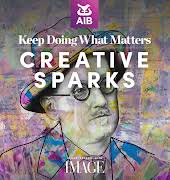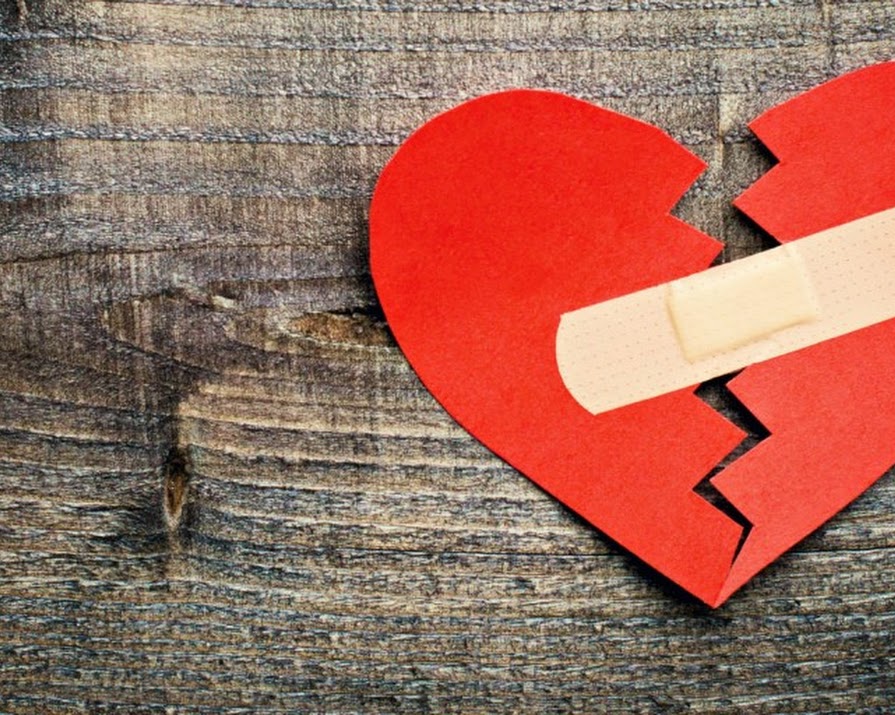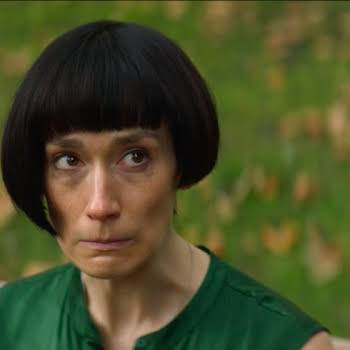
By Jennifer McShane
29th Jan 2016
29th Jan 2016
Few things in life are as traumatic as the end of a relationship. Having to cut ties both physically and emotionally from your other half can have a long-lasting, potentially life-altering effect on the way you view yourself and the world. But what makes some get over the painful’scenario quicker than others? How is it that some can bounce back mere weeks and months later, while others may not’see past the hurt for years? A team of researchers set out to find the reason?for this.
A recent research study by Stanford University psychology doctoral student Lauren Howe and her professor Carol Dweck, explored this concept and found that?the?answer may lie in how people see themselves.
Howe and Dweck found that people who believe their personality traits are fixed had a harder time getting over rejection.
They think the reason the partnership failed is all down to their specific, unchangeable traits of being too closed off, or too needy or whatever else it may be, and the rejection lingers longer because they believe that they will always be the same, and that failed relationships will become a pattern in life.
Howe explained: “A person, after getting to know you, has decided they no longer wish to be in a relationship with you. If you believe your personality is fixed, you are more likely to link that rejection to your sense of self-worth – that something is wrong with you and that this cannot be changed.”
For their research, Dweck and Howe explored the basic beliefs that people carry with them into a relationship that might make them more likely to link rejection to the self, and whether or not this’magnified and extended the impact of a rejection.
They conducted five studies involving 891 participants who filled out online surveys about both hypothetical rejections and real-life rejections.?
They then found that people who agreed with this statement – ?The kind of person you are is something very basic about you and it can’t be changed much? – were more likely to view past romantic rejections negatively, and thus reported that the rejection made them question their own self-worth.
Also, those who believed the relationship ending was a statement about who they are as a person did not view it as a learning experience, and so were unable to move forward.
In summary:?if the rejection seemed to reveal a new, negative truth about a person (i.e, this is all my fault because I’m this or that), it became a heavier, more painful burden that some couldn’t forget.
Those that viewed the end of the relationship as something they could learn, change and grow from were far less likely to spend excess time feeling hurt and were freer to move on.
“By encouraging the belief that personality can change and develop over time, we may be able to help people exorcise the ghosts of their romantic pasts?and move on to satisfying relationships in the future,” the authors said.
So, the takeaway here is that it might be easier to let go of your past relationships if you don’t allow them to define you; who you were then is not who you will always be. And the more open you are to that idea, the less you’ll begin to question your sense of self and the easier it should be to move on.
Via Time























